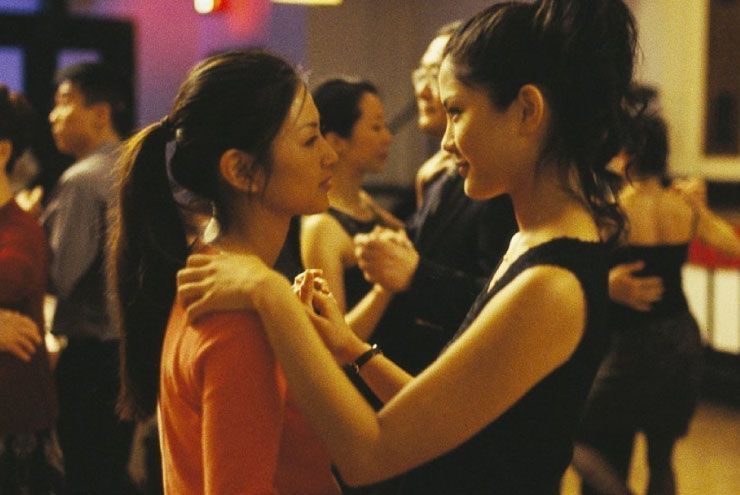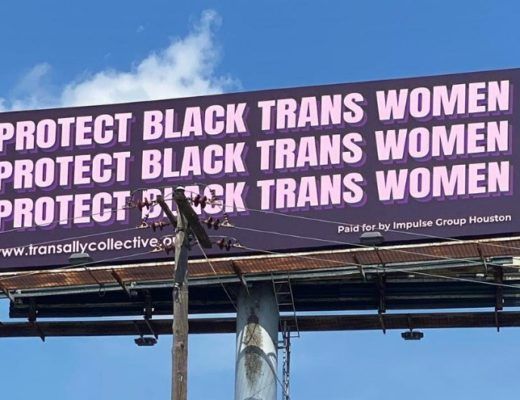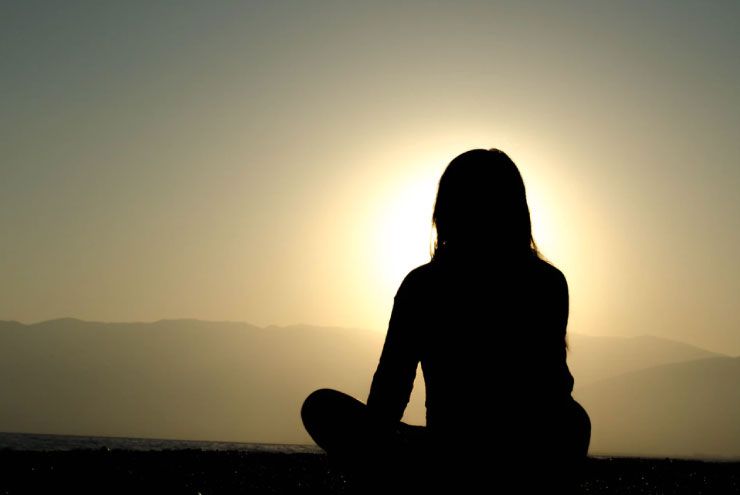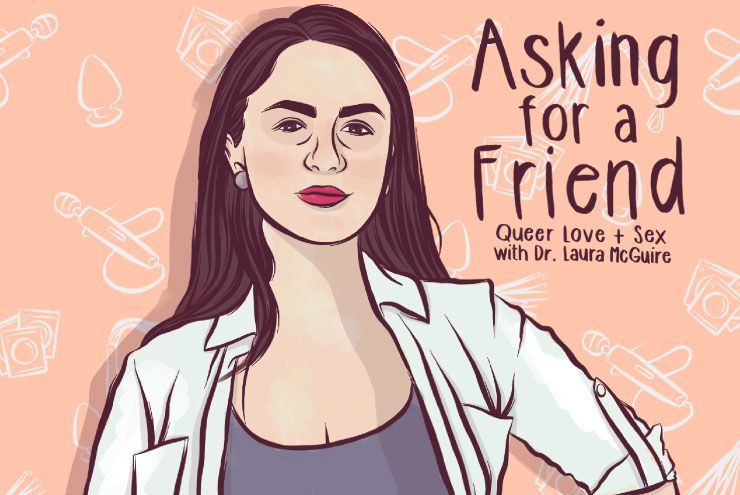By Addie Tsai
I wish I could remember how I met her, the one and only queer Asian woman I’ve ever seriously dated. The one who, although our relationship wouldn’t last longer than a year, floats through my mind perhaps more often than proportionate to what we shared.
I do remember the first time we interacted. It was outside at a mixed performance venue and bar at a time when I was just coming to terms with my queerness. I had just finished watching a queer Asian poet and hip hop artist perform. I was smitten with the performer—just as smitten as I was with this new girl I’d only just met.
We had mutual friends and we orbited around each other for an appropriate amount of time before we came together on the dance floor at Chances, a now long-gone lesbian bar in Houston.
By the time we inched toward one another on the darkly lit floor that Saturday night, we’d already whisper-questioned the same friend whether or not we were one another’s type; whether or not I was queer (at the time, I presented as femme and often passed—this would spark one of many haircuts); whether or not I was too green of a queer to attract someone like her, someone who had attended Smith College and had been out since she was a teenager. I, on the other hand, awkwardly bumbled my way towards my identity and didn’t actually figure it out until I was in my mid-twenties.
She and I ultimately fell into one another that night at Chances and fell in love shortly after. Over that intensely exciting year, we’d share dumplings and kimchi. My family would come to accept my queerness and they’d welcome her to Lunar New Year celebrations and dim sum gatherings. One of the first things we’d share together, however, was the film Saving Face.
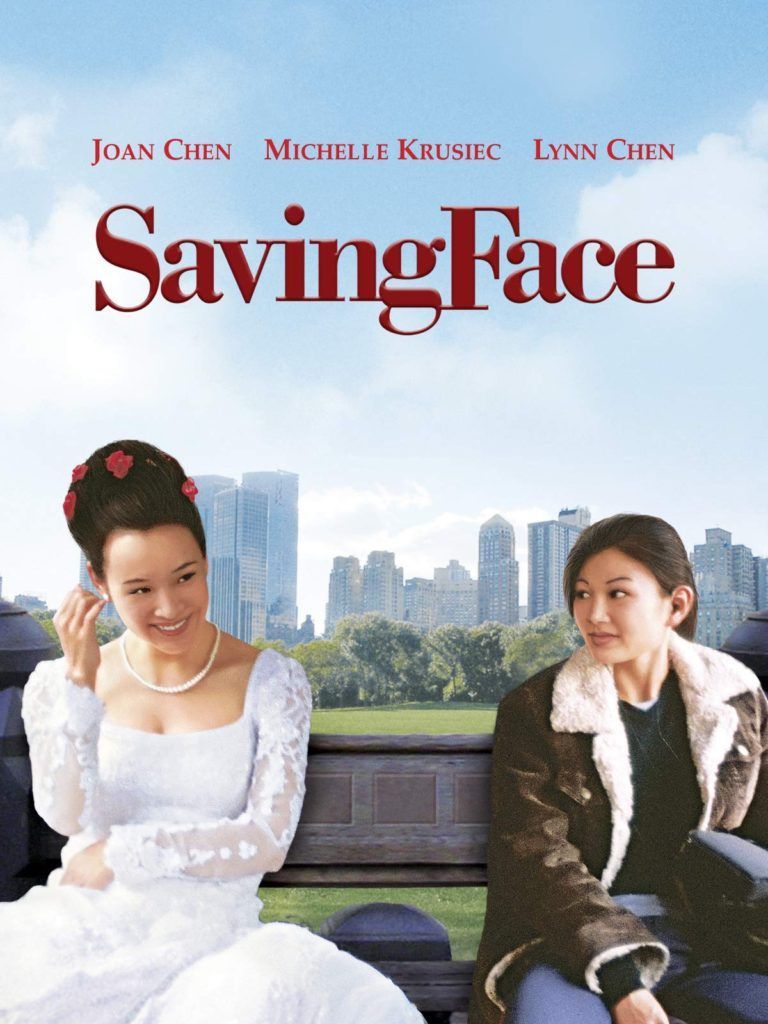
Photo: Sony Classics
Just as the young surgeon Wilhelmina begins to court Vivian, a modern dancer and a longtime friend of the family, Wil’s widowed mother moves in with her after her parents learn that she is pregnant and her father kicks her out for refusing to marry or confess who the father is. Saving Face was my first introduction to queer Asian women on film, and the first time I’d seen a queer Asian romance depicted in popular culture.
But it wasn’t just the film’s representation of queer Asian women that made me feel more seen than I ever had before. It was also its depiction of the complexities of living as an Asian American—the layers of pressures to marry and to be successful, the liminal space between Asianness and Americanness. Wil speaks fluidly, easily alternating between Mandarin and English, whereas Vivian’s Mandarin is fragmented when she speaks to Wil’s mother for the first time. It was a painful reckoning to watch these two women not only navigate a new relationship, but also simultaneously contend with the voices of their parents’ heads in the process.
In a sense, Wil’s mother’s humiliation at being an unwed mother at 48 in their gossiping social community didn’t feel so different from her daughter’s struggle to come out to that same community. It made me wonder whether losing face, a cultural term I’d been accustomed to hearing since I was a small child, was another way to contend with what it meant to come out. Although certainly losing face tended to extend past identity—including mistakes and failures that would mar someone forever in the Asian community—and identity should never be considered something that would humiliate a family or a larger social circle. Yet, I remember that coming to terms with my sexual identity as an Asian person became so much more complicated when I had to consider the face of my father, his friends, and his larger network—the Asian collective that most Asian and Asian American individuals have to consider when choosing what college to attend, the preferred line of work, or a significant other.
We never get the story of Vivian’s coming out, but it’s clear from the film that Vivian’s parents are much more accepting of her sexual identity than Wil’s. Is that because Vivian presents as more classically feminine and is therefore less at risk of “appearing queer” than Wil, who wears masculine clothing? I, on the other hand, felt it was more complicated to come out to my father and to the rest of my family after having lived so many years passing as straight—in how I presented myself before I came to terms with who I was, as well as in terms of how many male partners I had before I came out.
Even the woman who introduced me to Saving Face had a difficult time with my presenting as anything other than femme when we went out as a couple. She struggled with my history with male partners, or even with my being friends with cis men. After I dated her, I brought another partner home, this time a cis man, and my father asked me, “Well, what are you, exactly? Do you date men or women?” That question—“What are you, exactly?”—was one I had been accustomed to from the mouths of white strangers or intimates who wanted to know whether I identified as white or Asian, another space of liminality that I continued to struggle against. It was hard to explain this to my father because it was hard enough to address my identity within myself—that, just like my biracial hybridity, my queerness would also exist on a spectrum. Would I save face by being straight, or would I lose it by being queer?
Wil and Vivian would come to their happy ending by the film’s closing scene, but one that had to be orchestrated by the larger Asian community of their parents. Strangely enough, it would be the unaccepting parents of the Asian woman who had been out so much longer than I had that would determine our fateful ending. Saving Face is a kind of fantasy narrative for queer Asians, one that ends with the integration of the parents and their queer children, an ending that isn’t often a reality. But if white America can have its utopic, unrealistic rom-com fantasies in droves, why can’t we?


